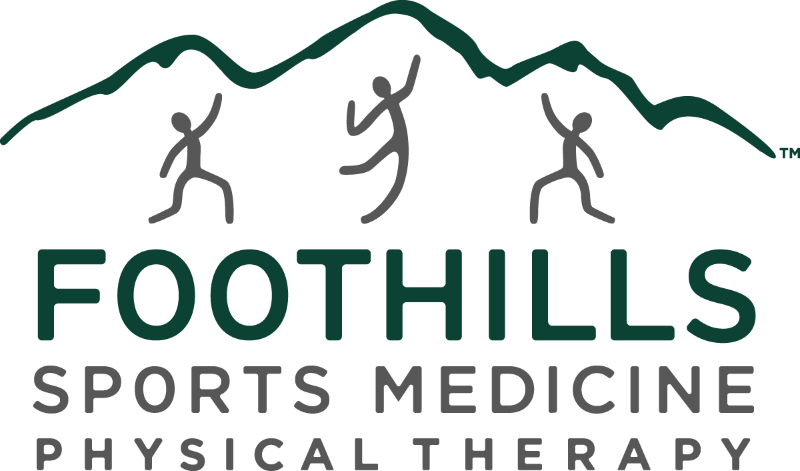POTS – Postural Orthostatic Tachycardia Syndrome
Postural Orthostatic
Postural Orthostatic Tachycardia Syndrome (POTS) is a blood circulation disorder most common in women between 13 and 50 years old. People diagnosed with POTS experience symptoms whenever changing positions from lying down and/or sitting to a standing position. Symptoms may include lightheadedness, fainting, exhaustion, a noticeable increase in heart rate, and more. Sometimes, patients with POTS experience other conditions also treatable in physical therapy, such as Ehlers-Danlos Syndrome (EDS).
How do you treat POTS?
Treatment for POTS typically focuses on managing symptoms and improving quality of life. This may include lifestyle modifications such as increasing salt and fluid intake, wearing compression stockings, physical therapy, and gradually increasing physical activity. Medications such as beta-blockers or medications that increase blood volume may also be prescribed to help control symptoms.
Physical therapy is prescribed for patients with POTS to develop improved endurance, practice exercises safely under a therapist’s watchful eye, and help reduce the onset of symptoms. Through building up tolerance by exercising in an upright position, patients improve their daily function over time and manage, or even eliminate, their symptoms.
Physical therapists treat every case of POTS with care and attention. Monitoring your response to exercise is of the utmost importance to ensure safety. We encourage your feedback during physical therapy sessions as well as during the time in between sessions, as it’s very important for us to know how you are feeling so we can give you the best care possible and help you reach your goals.

